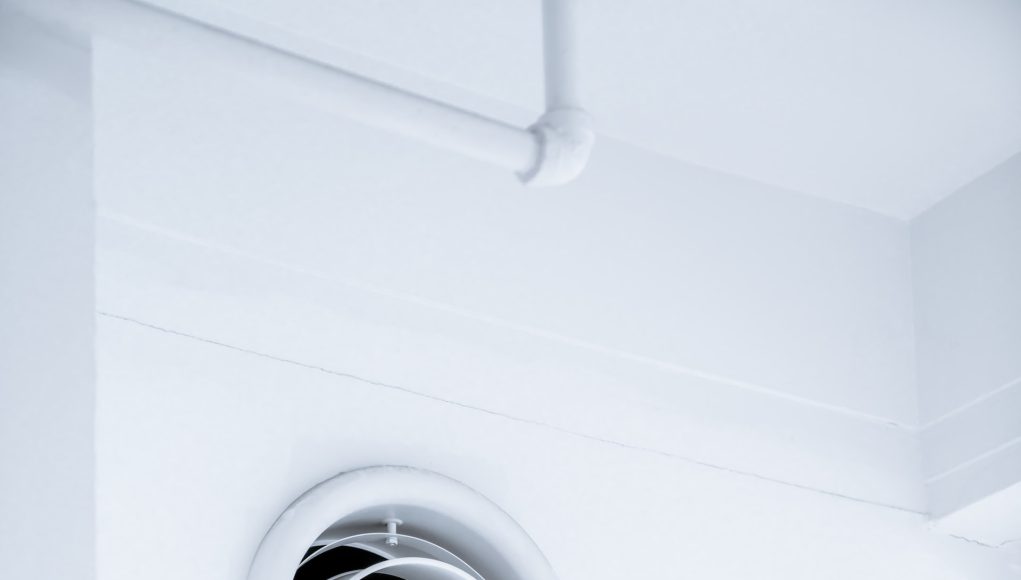A HVAC system plays a crucial role in maintaining a comfortable indoor environment, especially during extreme weather conditions. In cold weather, the HVAC system heats the indoor air, while in hot weather, it cools it to ensure that the occupants are comfortable. It also regulates humidity, preventing the air from becoming too dry or too moist, which can cause respiratory problems.
Energy Efficiency
One of the most significant benefits of an HVAC system is energy efficiency. Advances in technology have made HVAC systems more efficient than ever before. Programmable thermostats, for example, can help you save energy by automatically adjusting the temperature when you’re not at home. Variable speed motors can also save energy by running at different speeds, depending on the heating or cooling needs of the building. High-efficiency filters can remove more contaminants from the air, improving indoor air quality while reducing energy consumption.
Air Quality
Indoor air quality is another significant benefit of an HVAC system. Without proper ventilation and filtration, indoor air can become polluted with dust, allergens, and other harmful particles. An HVAC system filters the air as it circulates, removing these contaminants and improving indoor air quality. This can help to prevent respiratory problems and improve overall health.
Versatility
Versatility is another benefit of an HVAC system. It can provide both heating and cooling capabilities, making it a versatile solution for all seasons. It can also be customised to fit the specific needs of a building or its occupants. For example, some HVAC systems can be designed to provide different temperatures in different areas of the building to accommodate different preferences.
Convenience is also a significant benefit of an HVAC system. With a programmable thermostat, you can easily control the temperature and humidity levels in your home or workplace, making it a convenient solution for maintaining a comfortable indoor environment.
Finally, an HVAC system is a durable and reliable solution for maintaining indoor comfort. With proper maintenance and care, an HVAC system can last for many years, providing long-term benefits and value. Regular maintenance, such as replacing filters and cleaning ducts, can help to extend the life of the system while improving its efficiency and performance.
HVAC Systems Beneficial for Commercial Buildings
An HVAC system is an essential component of any building, providing a comfortable and healthy indoor environment while improving energy efficiency, indoor air quality, versatility, convenience, and durability. With advances in technology and proper maintenance, HVAC systems continue to become more efficient, reliable, and cost-effective, making them an increasingly popular choice for homeowners and businesses alike.
The UK has a temperate maritime climate, which is different from the climates in other countries. As a result, the HVAC systems used in the UK vary according to these conditions. First and foremost, heating systems in the UK are different from those in other countries. The most common heating systems in the UK are gas boilers or electric heaters, while other countries may rely on heat pumps or geothermal heating. This is because the UK has a relatively mild winter, and the temperature rarely drops below freezing.
Ventilation
Ventilation is an essential component of an HVAC system in the UK due to the high humidity levels caused by the maritime climate. As a result, humidity control systems must be installed to prevent the growth of mould and mildew. Other countries may not require such extensive ventilation systems.
Air conditioning is not as common in the UK as it is in other countries, as the climate does not usually require it. However, air conditioning systems may still be installed in certain buildings, such as commercial spaces or hospitals, to maintain a comfortable indoor environment. HVAC systems in the UK are designed to be energy efficient as energy costs are relatively high. This may include the installation of high-efficiency boilers or the use of heat recovery systems to recycle waste heat.
Installation
Fitting an HVAC system requires a combination of technical skills, safety procedures, communication skills, physical stamina, certifications, licenses, and continuing education. HVAC technicians need to have a strong understanding of mechanical, electrical, and plumbing systems, the ability to read and interpret blueprints, schematics and technical manuals. In addition, they must follow safety procedures to prevent accidents and injuries and be aware of safety codes and regulations related to HVAC installations.
Communication skills are also essential for HVAC technicians as they must be able to communicate effectively with clients and team members. They must be able to explain technical information in a clear and concise manner. HVAC technicians must also have physical stamina to work in confined spaces, crawlspaces, and attics, and lift heavy equipment and work in extreme temperatures.
HVAC technicians may be required to hold certifications or licenses, depending on their state or local regulations. Some common certifications include EPA 608 certification, NATE certification, and HVAC Excellence certification. HVAC technicians must stay up to date with the latest technologies and industry trends through continuing education and training.
Conclusion:
In conclusion, HVAC systems in the UK are tailored to the country’s specific climate conditions, with an emphasis on heating, ventilation, and energy efficiency. The systems may differ from those in other countries with more extreme weather conditions, such as very hot or very cold temperatures. It is important to hire a qualified and experienced HVAC technician to ensure that the installation is done correctly and safely.
















